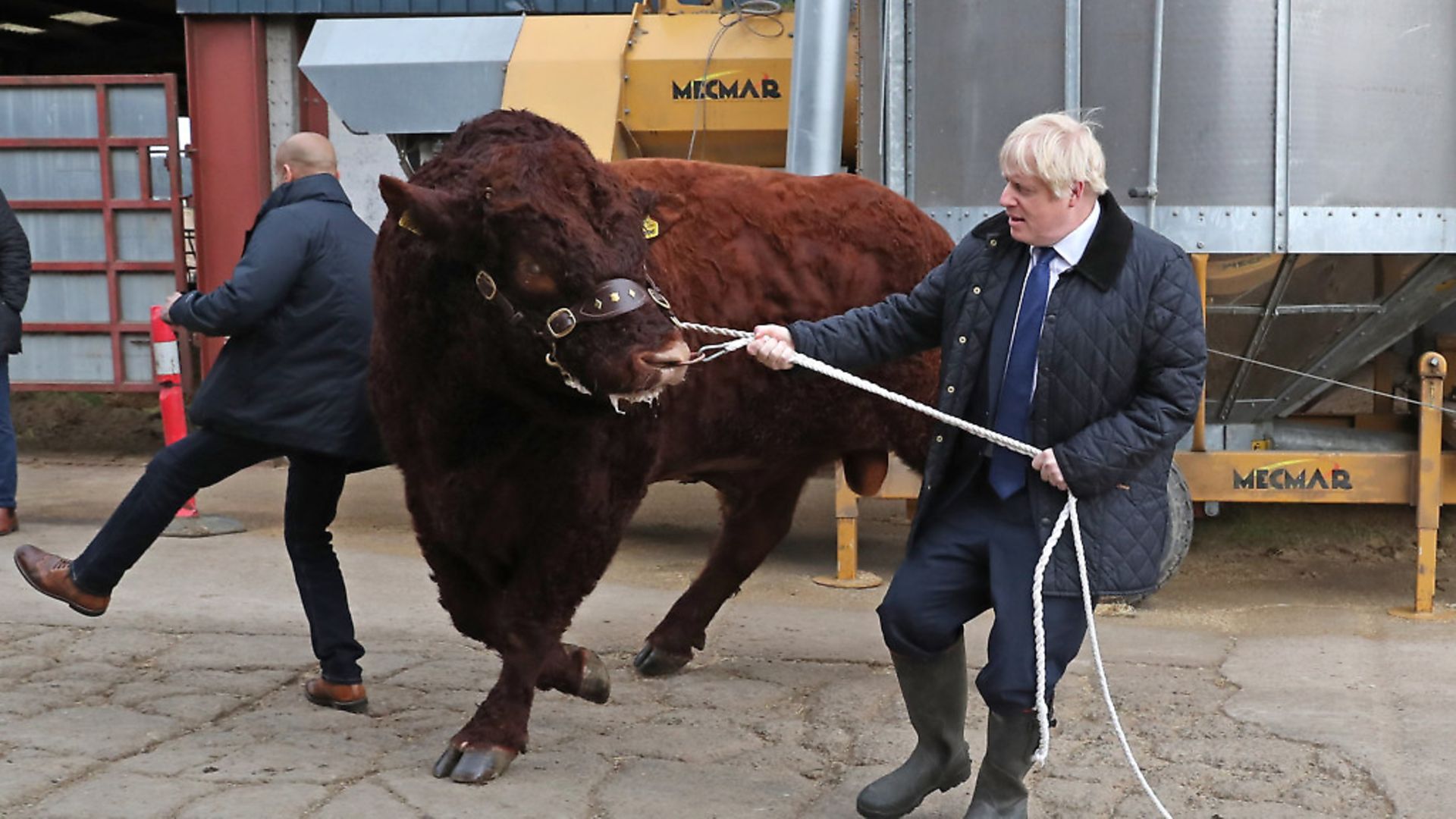Back in 2018, more than a year after her catastrophic decision to call an election which cost the Tories their parliamentary majority, then-prime minister Theresa May tried to spook the more sensible elements in her party into signing up to her Brexit plan. In asserting something which she clearly did not believe herself – that “no deal is better than a bad deal” – May hoped the holdouts would fall into line under the threat of economic chaos.
It was a tactic that would eventually backfire but now, five years after May said the words, it’s the EU that is living up to them.
Hot on the heels of their agreement with the Kiwis, the long-anticipated EU-Australia trade deal was due to be announced this week but reports suggest that agriculture is proving the stubborn, if expected, sticking point.
Unlike our own government, EU member states, particularly those with powerful farming lobbies like France and Ireland, are both aware of and care about the danger posed by the scale and standard of Australian farming. Even with the vast distances involved, the Aussies’ use of growth hormones, cruel practices like mulesing – the painful removal of strips of wool-bearing skin from around tha sheep’s breech and tail to prevent the parasitic infection flystrike – and farms bigger than Israel, all put European farmers at a competitive disadvantage and contrary to tired myths about Brussels railroading member states, the EU will protect its own as we learned through those painful Brexit negotiations. No agreement will be struck until these issues are ironed out.
This is the antithesis of how the UK government played the same situation. In the only two post-Brexit deals that were not cribbed from the EU, those with Australia and New Zealand, our leaders signed up to what almost certainly falls under May’s heading of ‘bad deal’. In their haste to secure Brexit-friendly headlines they undercut British farmers, offshored animal cruelty and trashed our climate commitments. What do we get in return? A potential reduction in UK GDP!
But this outcome was almost inevitable when you consider two factors: 1) The UK’s reduced clout outside the EU and 2) The people in charge of wielding it. If you missed it last month, shocking new revelations emerged about the circumstances under which the UK finalised negotiations with our mates down under. Over a boozy dinner, Boris Johnson was having such a good time that he rolled over and showed his tummy to the Australians, agreeing to everything they were asking to the horror of the UK negotiators present. The terms of these deals were so one-sided that antipodean broadcasters openly mocked the UK and the agriculture secretary at the time of the negotiations has now come clean about its negative impact.
The difference in approach and outcome across the Channel is also an illustration of what many said before and after 2016. Economic gravity in action. The aforementioned clout. A market of 447 million people has a far stronger bargaining position than one of 67 million and that’s before you before you consider the quality of the negotiators and the priorities of those in charge.
Skilled and experienced though UK civil servants undoubtedly are, it’s naive to think that Britain’s muscle for striking bilateral trade deals had not atrophied after almost half a century of sharing the same bench press with our European neighbours and as discussed, we had leaders willing to sign anything for vibes.
The present prime minister and his trade secretary have thankfully signalled a change of tack. They are no longer rushing to sign new deals no matter the cost and it’s a sad indictment that this is something to celebrate. However, both continue to display the same dogmatic unwillingness to improve our most important trade deal. The Trade and Cooperation Agreement, AKA the Brexit deal (also botched by Boris Johnson), is costing the public purse £40bn per year and making inflation worse.
Any government serious about addressing the UK’s dire economic situation must start here and fortunately, the UK Trade and Business Commission, have provided 114 recommendations on where to start from beneficial regulatory alignment to a new UK Board of Trade. For their part, the EU seems open to improving our trading arrangements even if they won’t call it renegotiation (see the Windsor framework and Horizon 2020 draft deal), but if polls are to be believed, they may soon be dealing with more willing dance partners in a Labour government.
At the Trade Unlocked Conference in Birmingham last month, the shadow foreign secretary repeated Labour’s commitment to improve the TCA and rebuild Britain’s relationship with Europe but we are yet to hear how precisely they intend to do it.
Whatever their plan, we must hope they act decisively, for as long as Britain neglects this most important trade deal and remains the wounded antelope at the back of the global-economic herd, our choice will only ever be between no deal and a bad deal.
Naomi Smith is chief executive of Best for Britain










